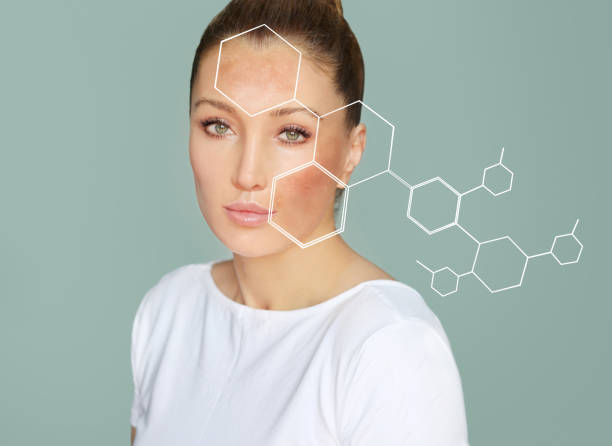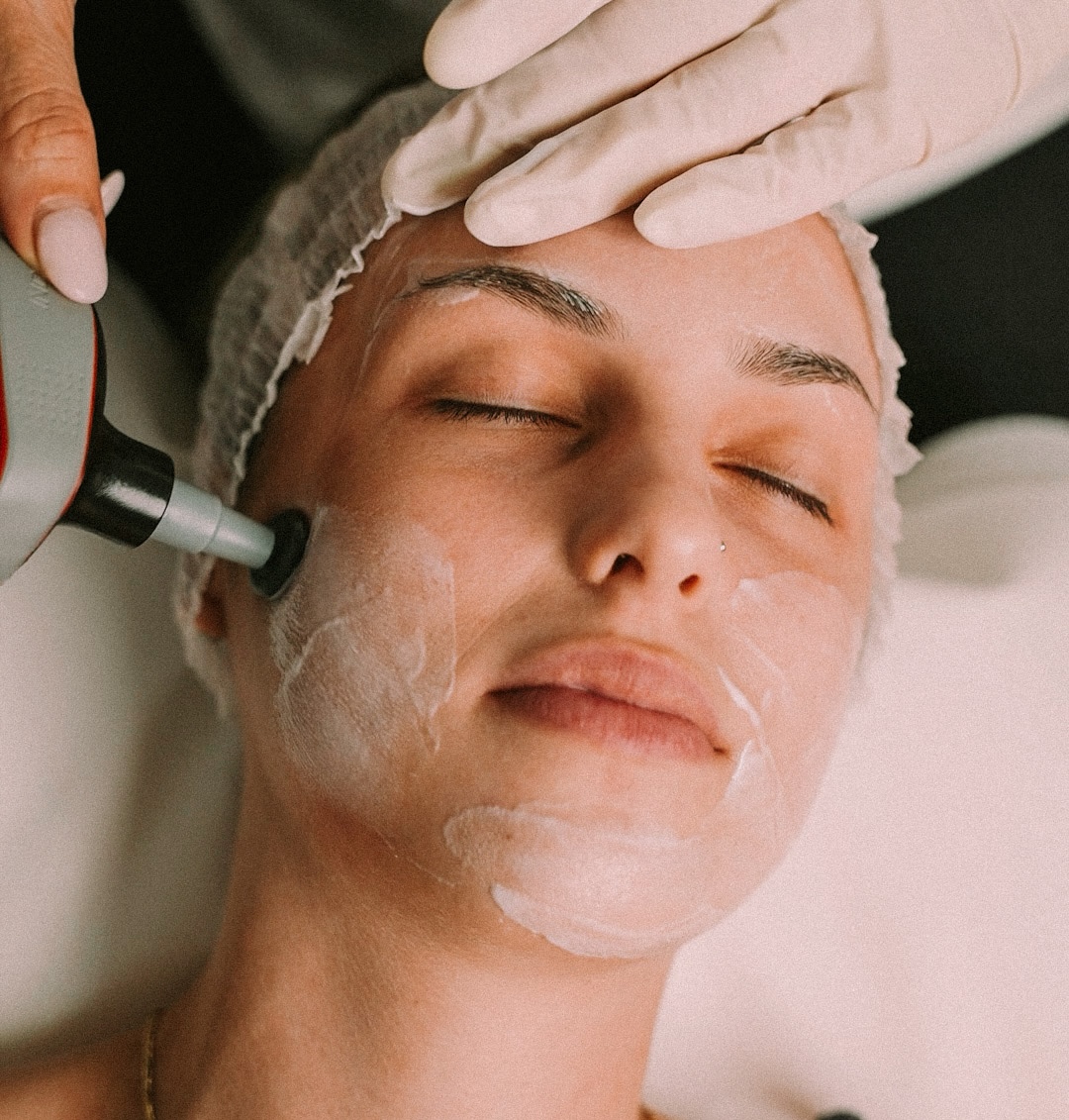Identifying your skin type is the first step towards proper care that will give your face a healthy, radiant and beautiful appearance. Each skin type has specific needs, and with proper care you can prevent many problems such as irritation, dryness, acne or excessive oiliness. Read below to learn how to easily determine your skin type and how to best care for it.
What are the basic skin types?
1. Normal skin
Normal skin is the ideal balance – it is neither too dry nor too oily, has a healthy glow, and is pleasant to the touch. This type of skin rarely shows signs of sensitivity or irritation, and pores are usually unnoticeable. To maintain this condition, it is important to regularly cleanse and moisturize with gentle products that do not disrupt the skin's natural balance.
For normal skin care, gentle cleansers, light moisturizers, and daily sun protection are recommended to preserve its natural beauty and healthy appearance.
2. Dry skin
Dry skin often looks rough, dull, and may be prone to redness, flaking, or itching. This is usually the result of a lack of hydration or a compromised skin barrier. With dry skin, it is very important to avoid products that contain alcohol, perfumes, or harsh ingredients that further dry out the skin.
The best care for dry skin includes rich moisturizing products that contain ingredients like hyaluronic acid, ceramides, and glycerin. It's important to avoid using hot water when showering, and to ensure extra hydration by applying rich creams immediately after washing your face or showering.
3. Oily skin
Oily skin is characterized by excessive sebum production, which results in enlarged pores, a shiny appearance, and often a tendency to acne and blackheads. People with oily skin often think they don't need hydration, but quite the opposite – they need gentle and properly tailored care that will balance sebum production.
For oily skin, light cleansing gels that regulate oil, light water-based moisturizers, and regular exfoliation to remove excess sebum and impurities are recommended. It is extremely important not to use products that overly dry the skin, as this can further stimulate sebum secretion.
4. Combination skin
Combination skin is characterized by a combination of different skin conditions, where the T-zone (forehead, nose, chin) is oily and prone to blemishes, while the cheeks are dry or normal. Therefore, this skin type can be complex to care for, as it requires a combination of products that target different areas.
For proper care of combination skin, it is recommended to use a mild cleanser that will not further dry out the cheeks, while for the T-zone, use products with a mattifying effect. Also, occasionally apply scrubs and masks that will balance different parts of the skin.
5. Sensitive skin
Sensitive skin easily reacts to external influences such as weather conditions, cosmetics or diet, causing redness, irritation or allergic reactions. Sensitive skin needs gentle care that will minimize the possibility of irritation and strengthen the natural protective barrier.
When caring for sensitive skin, use only products that are hypoallergenic, fragrance-free, and free of harsh ingredients. It is important to regularly moisturize the skin with creams that contain soothing ingredients such as aloe vera or ceramides. Test any new product on a small area of skin before incorporating it into your routine.
How to determine your skin type at home?
A simple way to determine your skin type:
- Wash your face with a mild cleanser.
- Wait 30 minutes without applying any products.
- If your skin is shiny, you have oily skin.
- If you feel tightness, you have dry skin.
- If shine is only present in the T-zone, you have combination skin.
- If there is no particular feeling of tightness or shine, you have normal skin.
How can the INDIBA device help with skin care?
INDIBA treatments use radiofrequency to stimulate natural collagen production, skin regeneration and hydration. Regardless of skin type, INDIBA can contribute to improving texture, reducing wrinkles and overall skin rejuvenation and revitalization.

By knowing your skin type and taking proper care of it, you can achieve and maintain a healthy and radiant appearance. Skincare should be personalized and focused on the specific needs of your skin, which is key to the long-term beauty and health of your skin.





